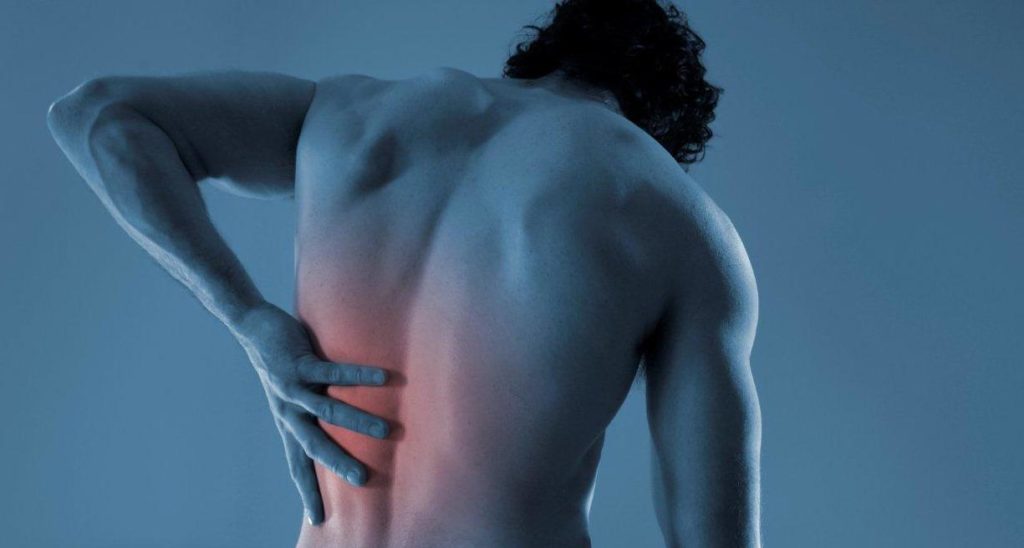This year’s European Week for Safety and Health at Work (19-23 October) will raise awareness about the Healthy Workplaces Campaign 20-22, and the topic ‘Healthy Workplaces Lighten the Load’, by tackling work-related musculoskeletal disorders (MSDs).
Millions of workers across Europe suffer from musculoskeletal disorders (MSDs); about three in every five workers in the EU report MSD complaints, based on data from the Sixth European Working Conditions Survey.

Work-related MSDs can be highly detrimental to an individual’s quality of life and ability to work, and are one of the most common causes of disability, sick leave and early retirement. The most common work-related MSDs are backache and pains in the upper limbs, while physical, organisational, psycho-social and individual factors can contribute to their development.
According to the 2019 European Survey of Enterprises on New and Emerging Risks, the most frequently identified risk factor is repetitive hand or arm movements (reported by 65% of establishments). Other MSD-related risks include prolonged sitting (61%) – often considered a new or emerging MSD risk – lifting or moving people or heavy loads (52%), time pressure (45%), and tiring or painful positions (31%).

Although MSDs are preventable, they remain the most common work-related health problem in Europe, and is a cause for concern not only because of their effects on the health of individual workers, but also because of their detrimental impact on businesses and national economies.
Every year, the EU Occupational Safety and Health Agency (EU-OSHA) collaborates with national focal points, campaign and media partners and OSH ambassadors from the Enterprise Europe Network to raise awareness during the European Week, organising conferences, competitions, training sessions, exhibitions and networking and good practice events.